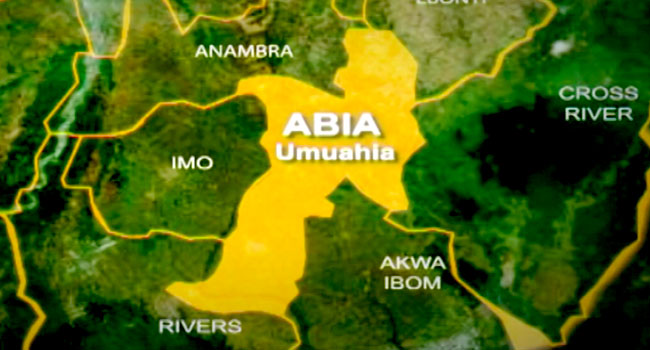As concerns grow over rising incidents of infrastructure vandalism across Nigeria, scrap metal dealers in Abia State have publicly dissociated themselves from the illegal purchase of stolen railway tracks and other government property.
During a strategic stakeholder meeting in Umuahia organized by the Abia State Ministry of Environment, members of the scrap metal trade, alongside government officials and security representatives, gathered to chart a path forward for better regulation of the industry.
Among those present were Chukwudi Onwukeme and Okeke Ugwuegbu, two well-known local dealers who categorically denied any involvement in criminal scrap transactions. They condemned the ongoing theft of public assets, urging the state government to intensify efforts to identify and penalize rogue elements posing as legitimate scavengers.
“We are ready to collaborate with the government and law enforcement to root out those giving our industry a bad name,” Onwukeme stated. His counterpart, Ugwuegbu, echoed the sentiment, emphasizing the need for stricter licensing and monitoring systems to distinguish legitimate operators from criminals.
Philmone Ogbonna, the state commissioner for environment, opened the meeting by stressing the urgency of addressing unauthorized scavenging activities. He revealed that a new framework is being developed to regulate operating hours, enforce registration of scrap dealers, and ensure traceability of materials collected.

Supporting the initiative, Kingsley Nwokocha, commissioner for trade and commerce, highlighted the economic importance of the sector but insisted on clear boundaries to prevent abuse.
“The industry must be formalized so the authorities can clearly differentiate between those running a legal business and those who are sabotaging public infrastructure,” Nwokocha said.
Adding his voice, Ogbonnaya Okereke, General Manager of the State Environmental Protection Agency, pointed out recent thefts of manhole covers and public waste bins as likely linked to unregistered scrap collectors.
“We’re not against the trade,” Okereke clarified. “But we’re deeply concerned about its misuse to exploit public property, especially after major road reconstruction efforts in Aba and Umuahia.”
The meeting concluded with a collective agreement to enhance surveillance, introduce a registration database, and ensure consistent enforcement, marking a new phase in the fight against infrastructure theft in the state.




